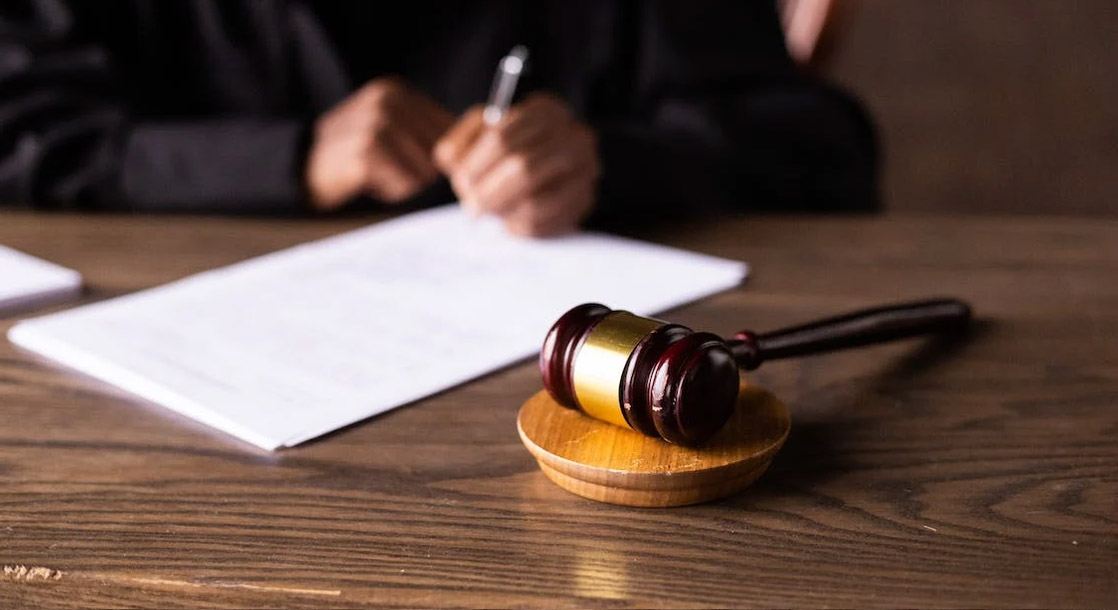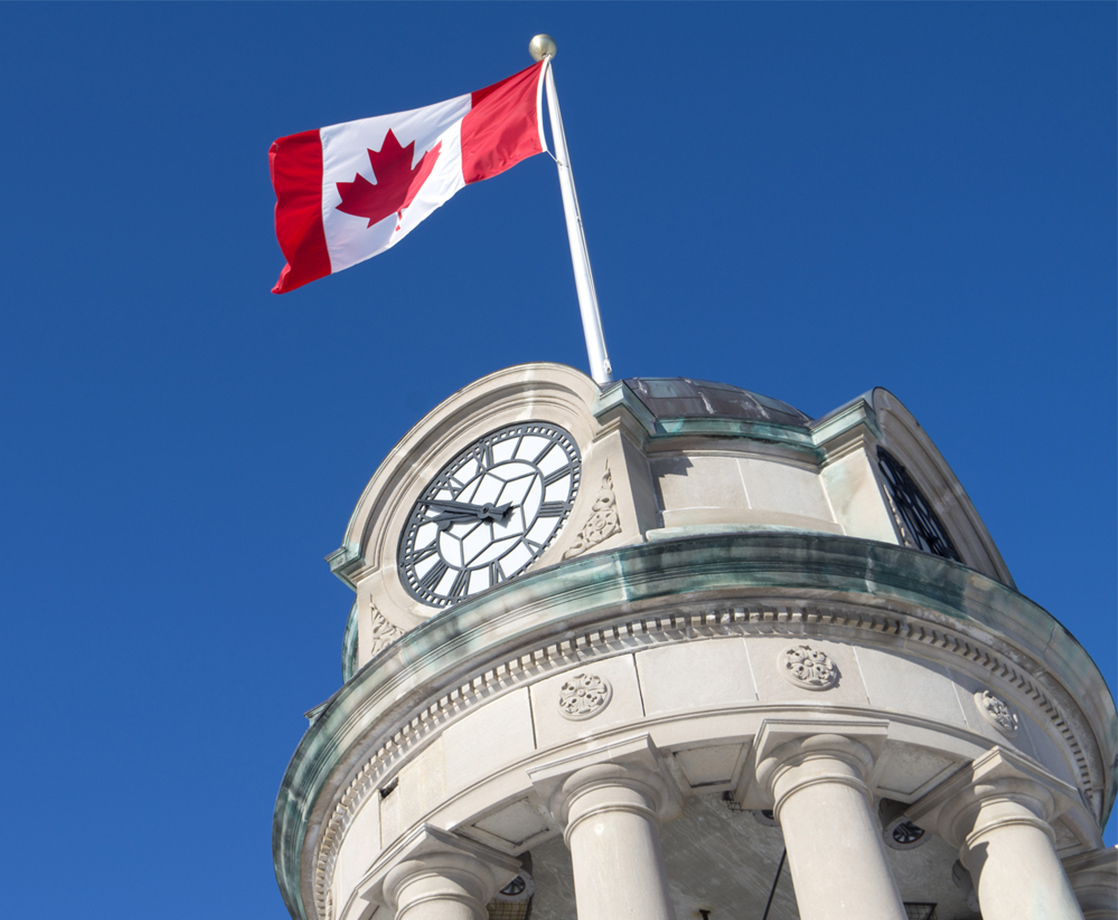As one can imagine, cannabis users in South Africa were optimistic in November when they heard the country would legalize the use of medicinal cannabis for certain diseases.
Since then, growers have been asking the South African Medicines Control Council (MCC) where they can get permits to grow. Two weeks ago, the answer to that was that the regulatory framework for cultivation of medicinal cannabis was to be published for public comment on the MCC’s website by March 3.
However, MERRY JANE can now reveal that Griffith Molewa, law enforcement manager for the MCC, has admitted that this week the guidelines went back to the drawing board “to be polished.” There is currently no estimation as to how long the process could take.
He also stressed that dagga (as pot is called in South Africa) is and will remain illegal for recreational use. This comes after the MCC told Parliament in December 2016 that cannabis would be rescheduled from a Schedule 7 down to a Schedule 6 drug.
Schedule 6 is only slightly less restrictive than being totally banned in South Africa, as drugs classified under Schedule 6 are prohibited from advertising directly to the public, and medical practitioners can not refill prescriptions or dispense more than a 30 day supply.
Nevertheless, South Africa’s cannabis users saw the first formal admission in over 100 years that marijuana has medicinal value as a staggering victory, which is why the MCC felt compelled to dampen the excitement provoked by headlines that screamed “cannabis legal in South Africa.”
In a memorandum, the MCC stated: “Cannabis grown/cultivated for medicinal purposes, as well as any resulting products prepared from the plant material, will remain subject to stringent security and quality control measures.”
We spoke to illegal growers in three of South Africa’s provinces, KwaZulu-Natal, the Eastern Cape and Mpumalanga, and none had an issue with quality control, but they did have a lot of questions on what exactly the MCC meant by “stringent security.”
Professor Helen Reece, Chair of the Medicines Control Council, told the Carte Blanche news programme last week that the regulations aim to ensure that when people buy what she referred to as “this potential medicine,” that it will indeed do it what it says on the label.
Apart from covering all the conditions of growing, processing and packaging cannabis products, Reece also said that as it stood, regulations would also enforce “security conditions,” as well as decide “what kind of people should be given a permit” to grow cannabis in South Africa.
“We don’t want this to be getting in the wrong hands,” Reece told Carte Blanche.
This of course raises the question as to who exactly has the “right hands,” but Molewa also pointed out that anyone in South Africa can apply for a permit to grow cannabis for medicinal use. The catch is, however, that the cultivated tonnage (for the entire country) will be subject to negotiations between South Africa and the International Narcotics Control Board.
“This amount will be divided among the growers,” Molewa told the Herald newspaper, which serves the Transkei area, the source of most of South Africa’s cheaper, lower-grade cannabis.
This may sound fair and democratic enough, at least until the official numbers are crunched. In its annual report for 2016, the International Narcotics Control Board estimates there are only 4.6 million cannabis users in all of southern Africa, which comprise 15 countries. On average this allows just 307,000 cannabis users per country, a number that looks all the more like an “alternative fact” when one considers South Africa has 44 million people; many of whom have cultural uses for Sativa dating back centuries.
Whether this discrepancy will have any impact on the MCC’s calculations remains to be seen. The council to date has demonstrated a rather dismissive stance to all the available medical research and clinical trials on cannabis. Reece told Carte Blanche that while there are many anecdotes, there are not enough clinical trials with hard data to prove the effectiveness and safety of cannabis as medicine.











